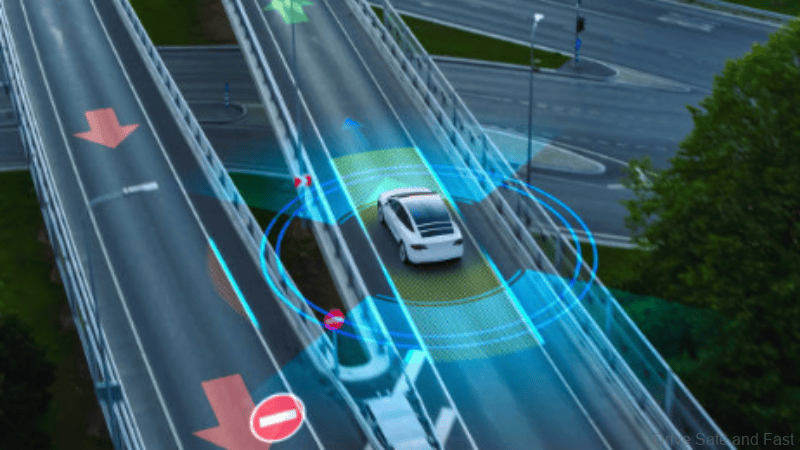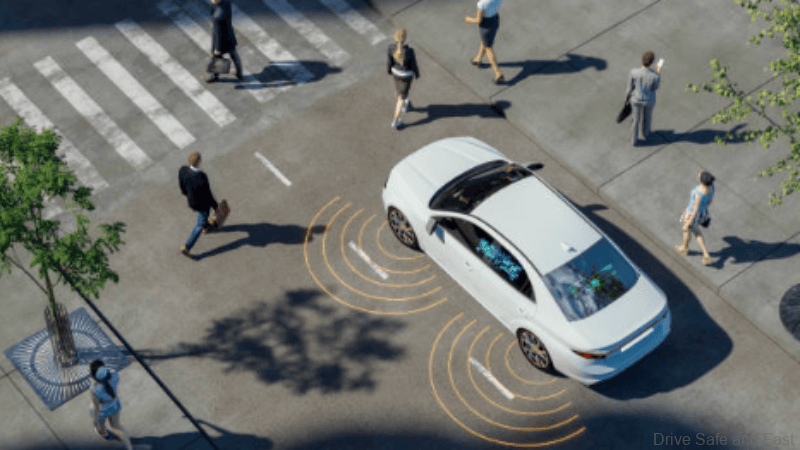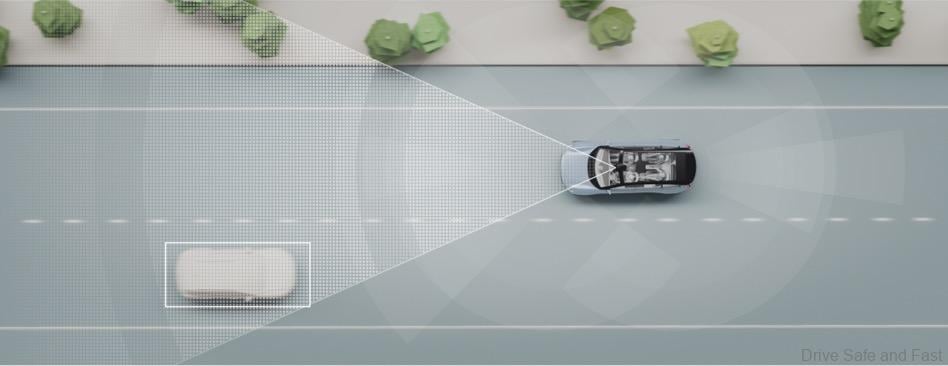Will autonomous cars cause more headaches or will they actually help us?
Self-driving cars were once nothing more than a dream, but now they are on the cusp of transforming the way we live, work, and travel. These vehicles, powered by advanced artificial intelligence (AI) and a network of sensors, promise to revolutionize not only the automotive industry but also our broader society.

Naturally, the core of autonomous cars is AI, which enables the car to interpret data in real time to drive itself. Through the use of sensors such as cameras, radar and LIDAR, these cars can detect their surroundings, make decisions and navigate without human input. This technology allows these cars to “see” other cars and make split-second decisions to ensure safety.
Moreover, as a result, the potential for reducing human error, the leading cause of most traffic accidents, is enormous. According to studies, autonomous cars could drastically cut traffic-related fatalities, offering a future where roads are much safer. However, despite these promising advancements, self-driving technology still faces several challenges.
One of the most significant drawbacks to autonomous cars is to handle complex, unpredictable road scenarios. While AI can navigate well on clear highways or within well-mapped urban environments, more challenging conditions, such as heavy rain, snow, or construction zones, can still cause problems, particularly where internet connectivity is an issue for the AI.

The interaction between autonomous vehicles and human-driven cars is another concern, as most people do not follow the rules while driving. Ensuring that self-driving cars can safely share the road with traditional vehicles remains a critical hurdle for mass adoption. Beyond the technical challenges, the societal implications of widespread autonomous vehicle use are profound.
On top of that, if these vehicles become the norm, we could see a fundamental shift in urban planning. With fewer people needing to own personal vehicles, car ownership could decrease, leading to less demand for parking spaces and a reduction in traffic congestion. This shift could also enable cities to reclaim space for parks, pedestrian areas and public infrastructure.
Autonomous cars could also significantly impact the job market. While they hold the promise of new opportunities in tech and data analysis, they also threaten traditional jobs in industries like transportation, logistics and delivery. Society will need to navigate these changes thoughtfully, ensuring that workers are retrained and supported through this technological transition.

In conclusion, while self-driving cars are not yet a widespread reality, their potential to change the way we live is immense. As the technology matures, autonomous vehicles could redefine transportation, making our roads safer, more efficient, and more sustainable, all while reshaping the structure of our cities and workforce. The only question now is, will human errors ruin it?